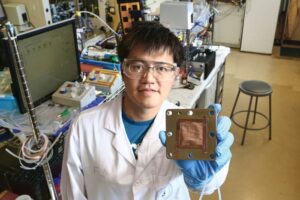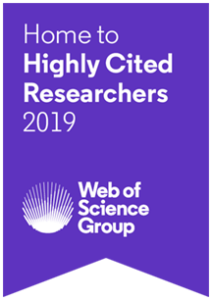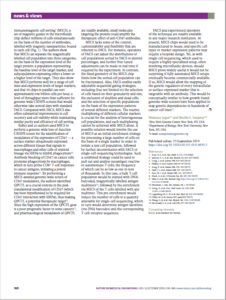Dae-Hyun will join DGIST (Daegu Gyeongbuk Institute of Science & Technology) as an assistant professor in the Department of Energy Science & Engineering.
DGIST (https://www.dgist.ac.kr/en/) is one of the nation’s Institutes of Science and Technology (-IST) universities (KAIST, UNIST, GIST, DGIST) of Korea. DGIST is the most recently established of these, and is receiving active support from the government in its development. DGIST provides an excellent research environment including facilities and funding as a result.
Prof. DHN will be in the Department of Energy Science & Engineering, which covers solar energy conversion, fuel cells, secondary batteries, and renewable energy. Prof. Dae-Hyun will lead a program in electrocatalysis research. He will lever synergies with the allied institute within DGIST. Alumni of our group (Prof. Jongmin Choi, Dr. Younghoon Kim) are also at DGIST.





